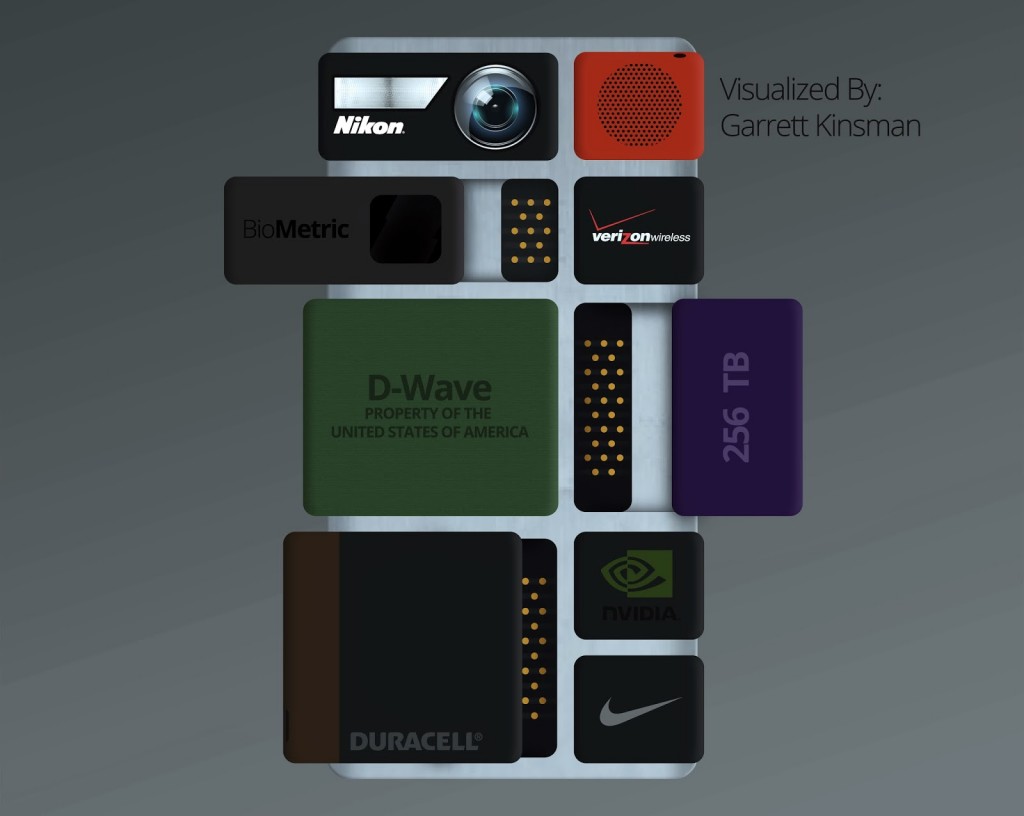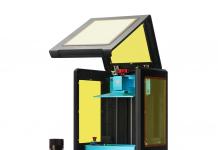Technophiles and geeks have been building custom computers for years, but in the next few years they could also be building custom phones.
Last year, the startup Phoneblocks started a social media campaign to turn people on to the idea of a modular smartphones. Many people were very receptive to the concept and it really took off when Google and Motorola announced their version in Project Ara, which Google is retaining in Lenovo’s acquisition of Motorola.
There are many benefits to a modular smartphone, which is why it got so much attention. Phones are currently designed and built with a one-size-fits-all mentality, but a phone that can be completely tailored to any individuals needs–and budget–would be a large draw to anyone with tailored needs.
It also makes repairs much easier. If a component of your phone is damaged, it will be much easier to diagnose and replace to component on your own, rather than have to potentially replace the entire phone.
Project Ara is so much more than just a proof of concept for a modular phone, though. According to Paul Eremenko–the head of Project Ara–it is an attempt to create an entirely new industry for what he calls “the most custom mass-market product ever created by mankind.” That may be a tall order, but Google tends to aim high with such projects.
Project Ara is, in fact, a part of Google’s Advanced Technologies and Products (ATAP) division acquired from Motorola. ATAP is one of Google’s Moonshot Projects, which also includes Google’s self driving car and Google Glass, but not all of these projects end up getting a green light. If Eremenko and company can’t finalize an actual product that can actually be actually sold within their two year deadline (the clock started ticking sometime last year), then the Ara modular phone will not see the light of day.
Ara will likely be successful, but it is a concept that is fundamentally the opposite of the direction the rest of the industry is moving. Most of the gains in things like performance, battery life, and form factor that we’ve seen in the past few years are the results of integration. Removable batteries are less and less frequently seen. Removable SD card storage is also less popular.
These benefits are not entirely negated by the use of a modular design, but the infrastructure to support the design, production, and service on modular components is non existent, which is why Eremenko says he’s not designing a phone, he’s designing an “industry within an industry.” So in the end, it’s not really a matter of if Project Ara can produce a viable product, but whether demand is truly high enough for hardware partners to sign on and carriers to agree to provide support (which will be much more difficult in the US).
The future of smartphones is likely going to be something along the lines of what we see with Project Ara, but the question is “are we ready for it?” If ” an industry within an industry” can’t be supported at this time, then it may be a few more years yet before modular phones hit the mainstream.
Source: The Verge
Be social! Follow Walyou on Facebook and Twitter
Read more on Walyou, Android and Google Services Are About to Get Hitched, Apple’s WWDC is Coming With New iOS Anouncements











